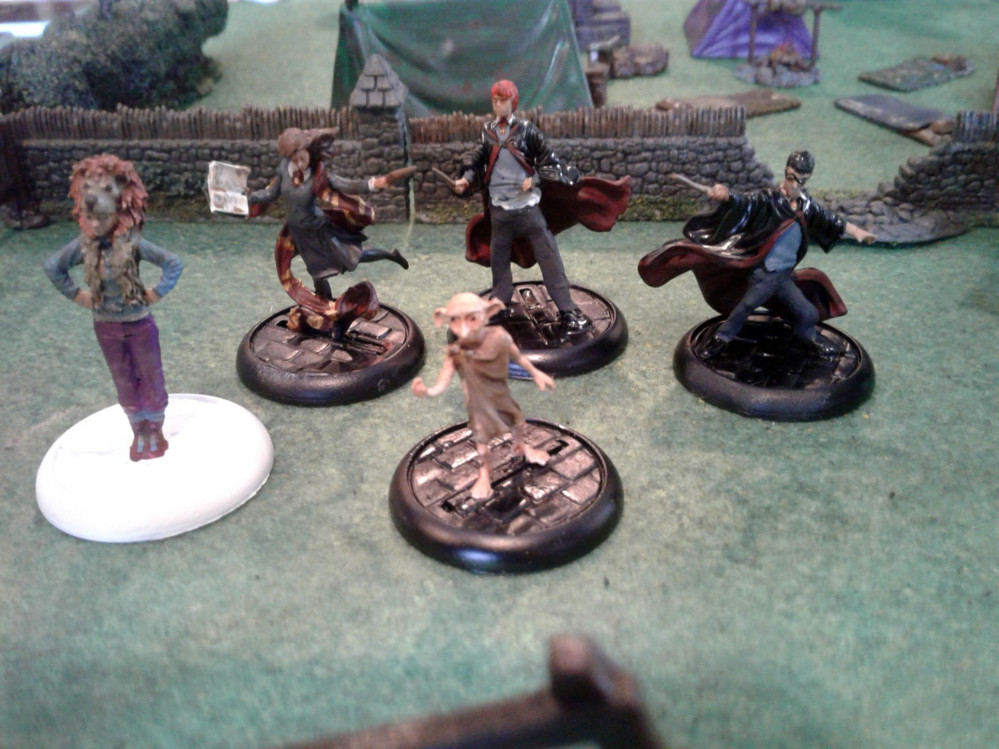
Harry Potter - Board to Tabletop
Tabletop game shaping up
Have been tinkering with this for the past while, trying to transition this game a little better to the tabletop while still making use of the boardgame mechanics and components. I’ve found a lot of the extras in the game, the various card decks most notably, seem tacked on and don’t add much theme or much gameplay wise. We have gone through a few iterations where we stripped everything back to the basic dice and stat processes and built from there.
First off though, we received a few more minis to throw in the mix with the Hogwarts teachers as well as Hagrid and Fang and a Dementor. We’re still a bit light on Death Eater/Slytherin forces as, five months on, I’m still waiting for replacement parts from KM to build my last two Death Eaters from the core box. Might have to try my hand at sculpting again to get them on the board.
Latest Tested Changes
Tests and dice rolls – The basic mechanic is a 3 dice test, success on 3+, 6’s explode. To that, you would add auto-success for character skill – typically 0, 1, 2, or 3 from magic Mastery or Defense. However, it tends to balance out too often, with the defender winning ties, so there was a whole lot of nothing happening.
So what have we done?
- Skill levels add dice to the test instead of auto-success. More dice thrown, more 6’s rolled, greater variation
- Some traits and events can add bonus Mystery or Jinxed dice to a roll. The boardgame has an odd rule about how Jinxed dice are used, changing which dice are used to determine success, but is not compatible with a varied dice pool. Jinxed dice (i.e. added when your target is in cover), are rolled, but 3+’s rolled on them count as a -1 success, and they can explode too.
Activations and power points
The boardgame allowed a model to do a basic action (move) and an advanced action (cast spell, potion, etc). Initially we followed this line, though allowed the advanced action to be replaced by a second move, if desired. All base moves were converted from spaces to 4”, with bonus spaces from traits allowing an additional 2”.
The single advanced action limit is a bit of a drag for most characters (students) for a couple of reasons. First, they all generally have the trait Apprentice, which lets them cast the first spell each round for 1 less power point. A pool of power points based on a Cunning stat is generated at the start of the turn. Students generally add 2 (Harry, Draco, Hermoine) or 1 (most everyone else). But they are still limited to 1 advanced action which means they typically cast a spell for free, can’t do anything else and leave a pool of power points unspent.
On the drawing board (only had a couple of games testing this, but like where it is going).
- If a character successfully defends against an attack (rolls equal or higher # of successes), they can immediately take an action. This can be a move or an advanced action – cast spell, use potion, etc. This has worked well. Spells have a countdown timer, so a character couldn’t use the same spell repeatedly in a round, but could use other spells or other actions. This uses up the unspent Power Points as well as lessens a model being a target simply because they have activated already.
Cards and gameplay, victory conditions
The boardgame uses three separate card decks to inject some flavour and variability into the game – Adventure, Campaign and Quest cards. The campaign and quest cards are mostly involved with generating random objectives for victory points during the game. Each character card has 4 sub-stats (Magic, Temper, Courage, Wisdom) with a value between 0 and 10. An objective is ‘solved/won’ when you get enough characters close by that equal or exceed a total in one of the stats. Most characters, or at least my mix from the core plus a few expansions, tends to be either very low (0 or 1) or high (8+) in these stats. It became either very easy or nigh impossible to complete an objective.
Solution? – an easy one, we got rid of the Quest and Campaign decks as well as random objectives and just got creative with custom scenarios and victory conditions. We keep a static 1VP per model eliminated, but have a core goal and/or side conditions worth 1-3-5 VPs to mix it up. Still some work to do on scenarios as we really have just been trying to nail the mechanics
The Adventure deck we hung on to, though instead of a common pool per the boardgame, we let each player hold a hand of three, replenished at end of round. These cards list two effects and provide some minor buffs to rolls, movement, or conditions. These work well.
Next steps – Getting close to a fairly light and fast-paced game with these changes that plays differently from the boardgame and makes good use of the fluidity and freedom of getting off a grid. Damage and knocking models out of the game is my only real sticking point. Normal models can take 4 levels of damage before being removed with some activation penalties the worse off they are. Larger models (Troll, Hagrid) can take a lot more and even with our tweaks, it is rare for a model to be knocked out entirely. Will try damage points equal degree of success (attacker success – defender successes) and see how that goes.
Till next time …





























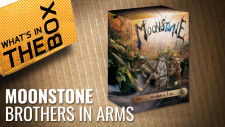




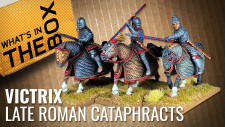

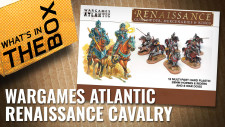




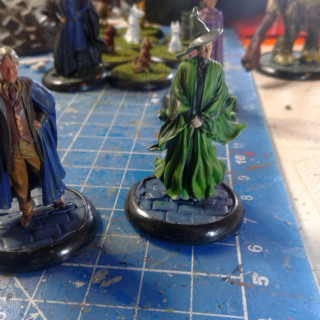
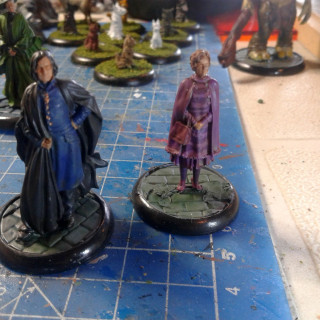
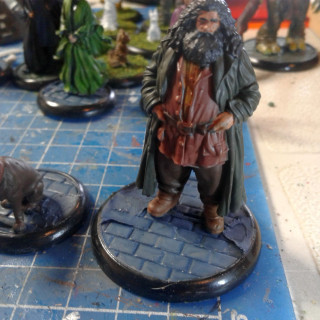
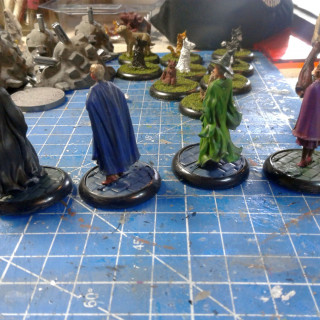
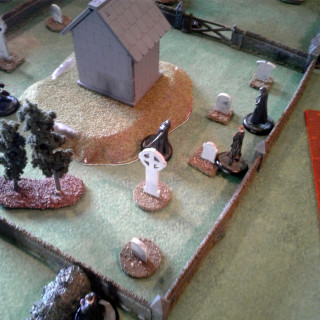
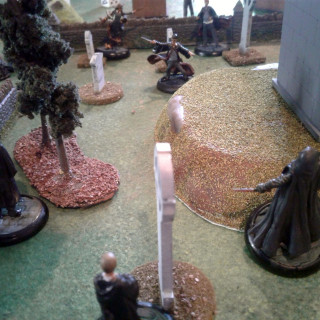
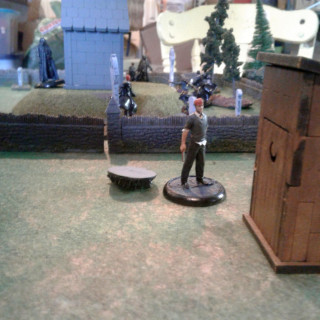
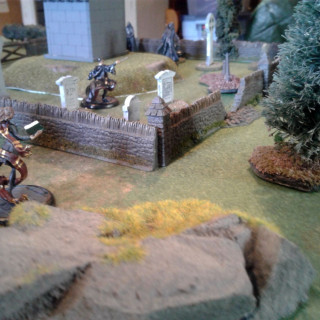
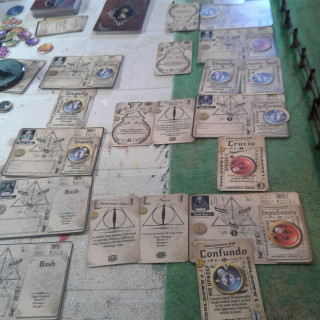
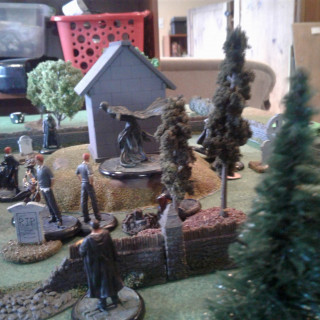
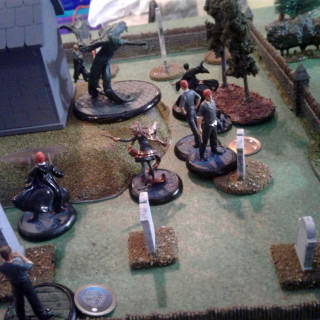
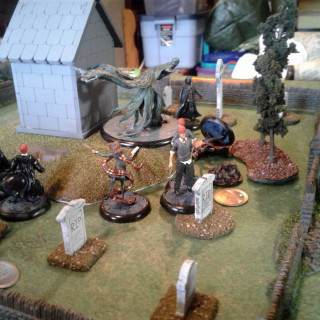










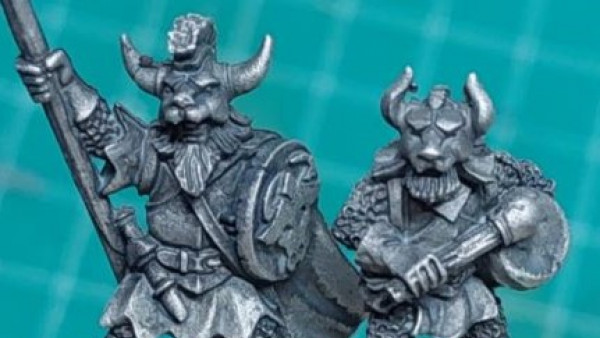

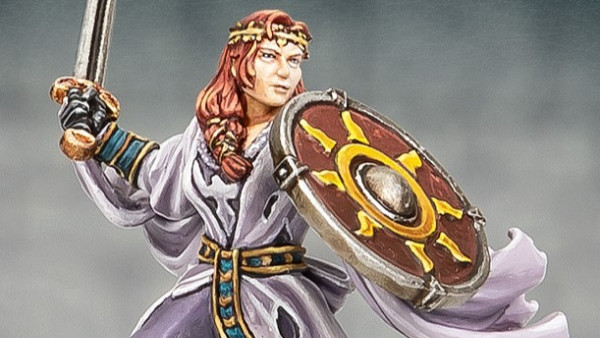
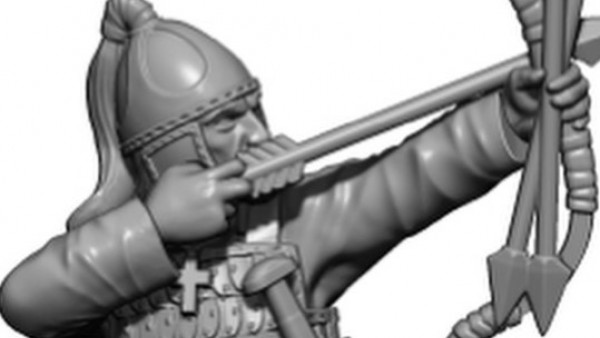
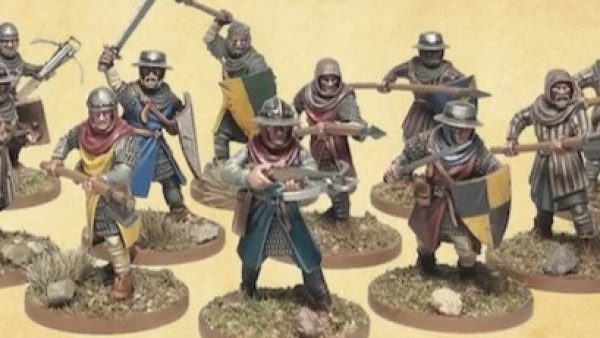
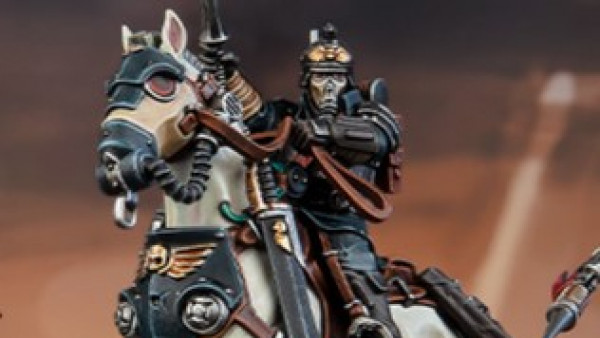
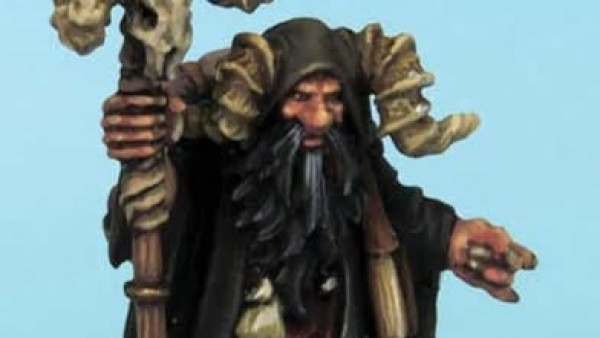
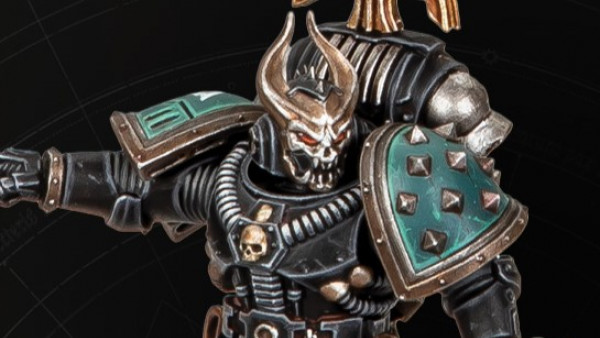
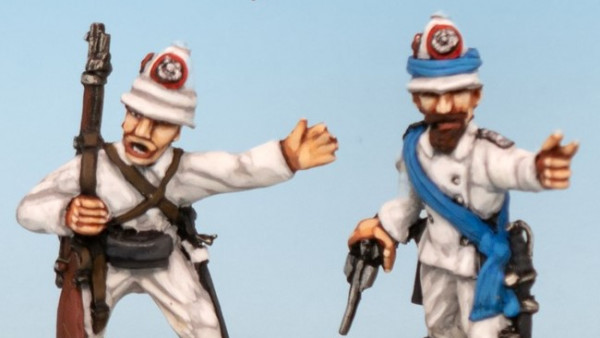

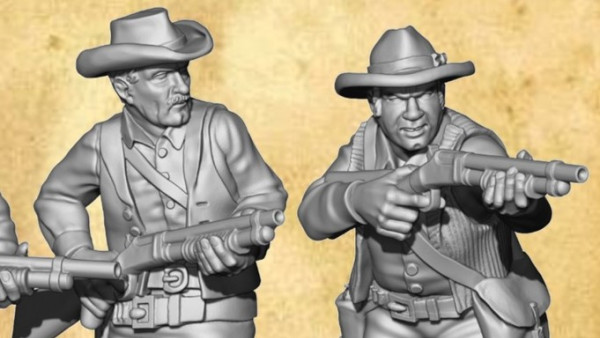
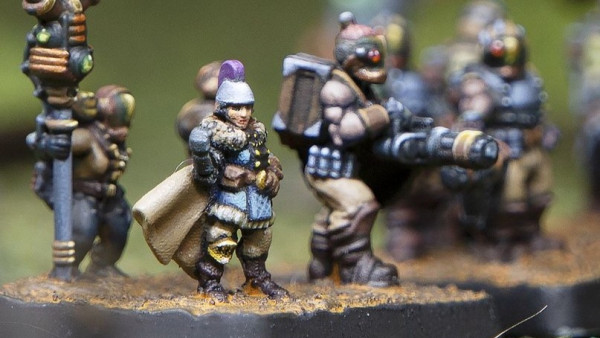
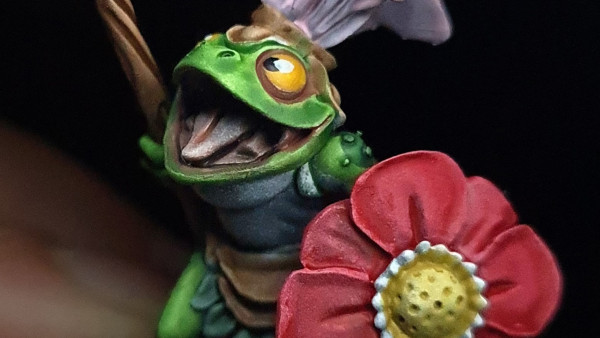
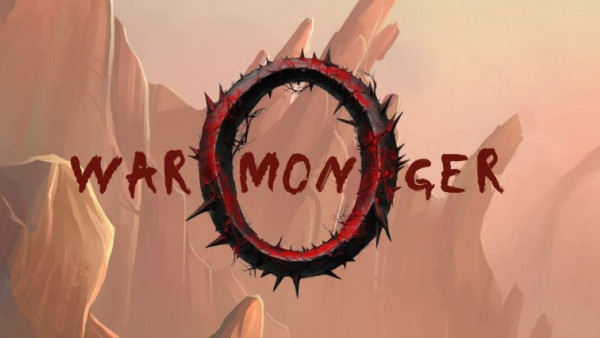
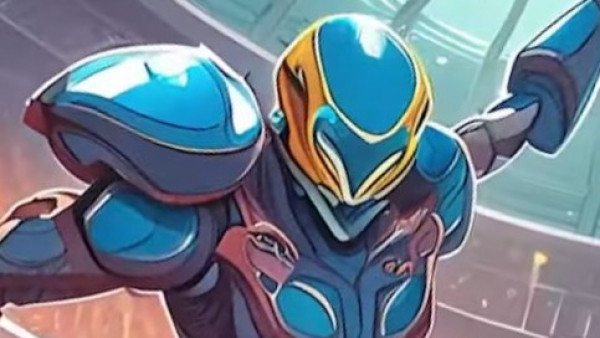
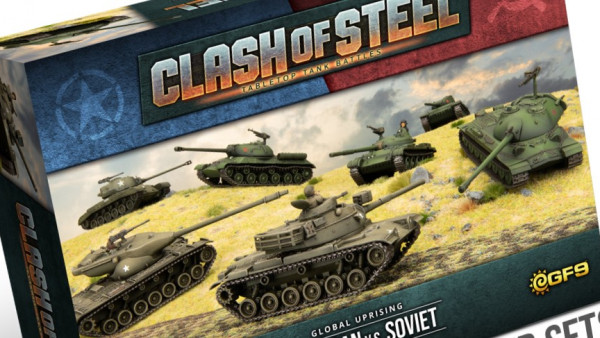
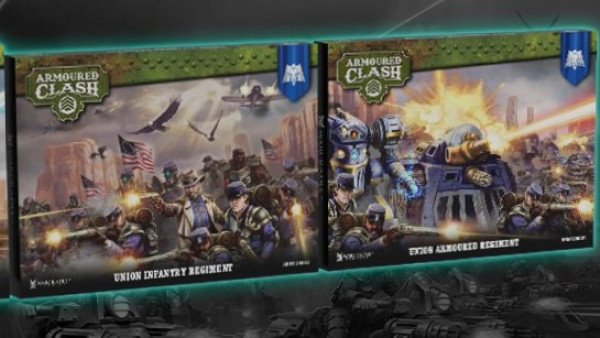
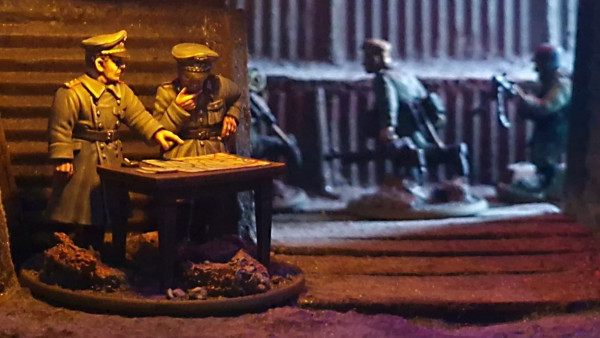

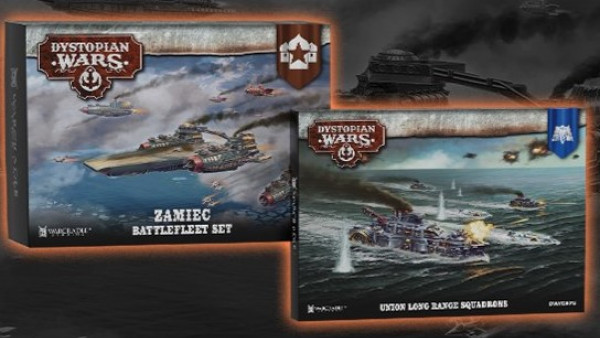
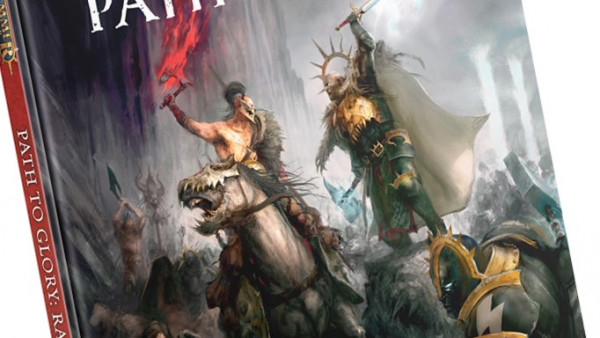


Thanks for posting this really inspiring project! I’ve just recently started collecting these minis and, like you, am feeling very underwhelmed with the boards, and failing to see the point of many of the decks – this may be the answer. I do like the character, spell and potion cards, so it’s great you are still using them. I’m waiting to see if the forthcoming Chamber of Secrets box fixes many of the problems in the game. If not, then I’m definately going to follow your lead. Thanks again for your simple yet effective suggestions for improving the game.
Thanks for checking it out. I think it does work better as a straight up skirmish game keeping the basic mechanics and stripping away the chaff. We’ve only played a couple of more times since I posted, but damage = degree of success is definitely how I would play it now. There’s lots of healing in the game to balance it out better. Allowing a single action after a successful defense also seems to work well.
Anyway, just something we’ve found to enjoy the game more.
I’ll definitely be giving that damage variation a try thanks. One thing I was wondering was about is the size of the playing area you use. Is it one where 2′ x 2′ works, or is 3′ x 3′ a better size? Many thanks again, and I look forward to further installments in due course!
I’ve been using a 3×3. Allowing a second move instead of move-action only helps with a bigger table. 2×2 could work well too, I think.
Many thanks!